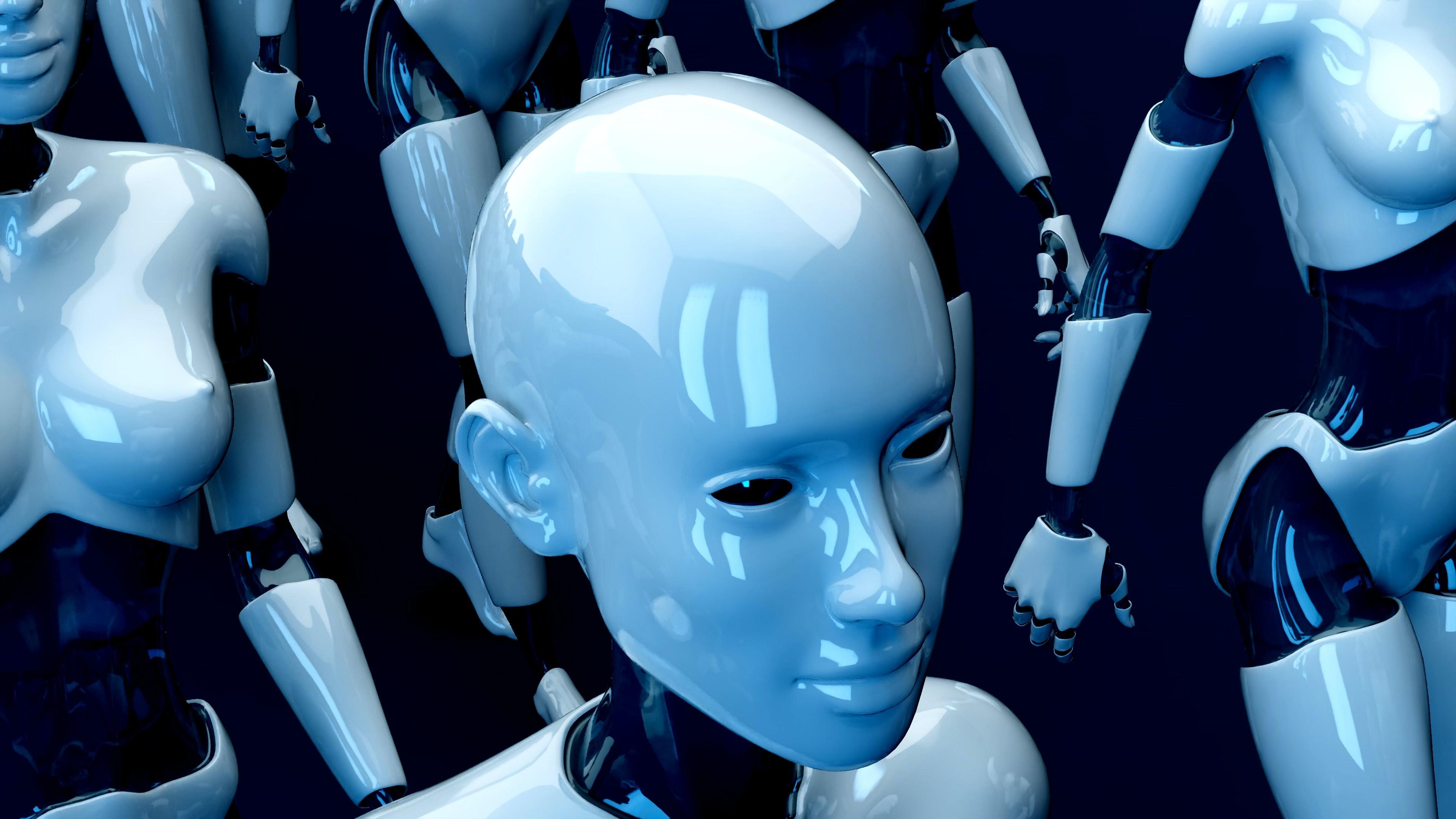
5 Ways AI Could Impact The Future of Software Engineers
Artificial Intelligence (AI) is rapidly evolving, and having a noticeable impact across many industries, including software engineering. As a developer myself, I'm always interested in the possibilities of new tech, but I started thinking about what kind of affect it could have on the industry I work in. AI can seem like a scary concept to some (is Skynet going to rise up and destry the world!?) however, society wouldn't be where it is today without the evolution of technology. As AI continues to evolve, it has the potential to transform the way software engineers work and the tools that they use. Here are five things that the future of AI could change for software engineers...
1. Intelligent Automation
Automation has been an essential part of software engineering for many years, but the future of AI is likely to bring about a new era of intelligent automation. Intelligent automation involves using AI to automate complex tasks, such as code generation and optimization. By automating these tasks, software engineers can focus on more strategic work and deliver higher-quality software products in less time.
2. Improved Software Maintenance
Maintaining and updating software can be a time-consuming and challenging task, particularly as software systems become more complex. However, AI-powered systems could be used to analyze code and detect potential issues before they become significant problems. This will make it easier for software engineers to identify and fix bugs and vulnerabilities, reducing the risk of downtime and improving overall software performance.
3. Collaboration Between Humans & Machines
AI systems are becoming increasingly sophisticated, but they still lack the creativity and problem-solving abilities of humans. In the future, software engineers are likely to work alongside AI systems, collaborating to achieve better outcomes. This will require software engineers to develop a new set of skills, including the ability to communicate effectively with machines and work collaboratively to solve complex problems. That sounds pretty cool, right?
4. Engineers With New Skills
One of the most significant changes that AI will bring to the software engineering profession is the need for engineers to be proficient in machine learning (ML) and data science. Machine learning is a subset of AI that involves training machines to learn from data, rather than being explicitly programmed. As more applications are developed using ML, software engineers will need to have a solid understanding of ML algorithms, statistical methods, and data analysis techniques. So perhaps, existing software engineers will be inspired to acquire these skills, or maybe some people will find new inspiration for training for a career in software engineering.
5. New Job Opportunities
As AI becomes more widespread, it also raises concerns about the impact it will have on the job market. There are concerns that AI might make some jobs redundant, but realistically AI will also create new job opportunities in areas such as machine learning, data science, and software development. There will be more demand for software engineers who have the skills and experience required to work with AI-powered technology.
In conclusion, the future of AI is exciting, but it can also present challenges for software engineers. No one is forcing you to embrace it or change the way you work, however by not adapting we could miss out on some exciting opportunities. We may need to develop new skills, but that's just part of being a software engineer. However, with a willingness to learn, we can surely take advantage of the many opportunities that AI is likely to create in the not-too-distant future.
